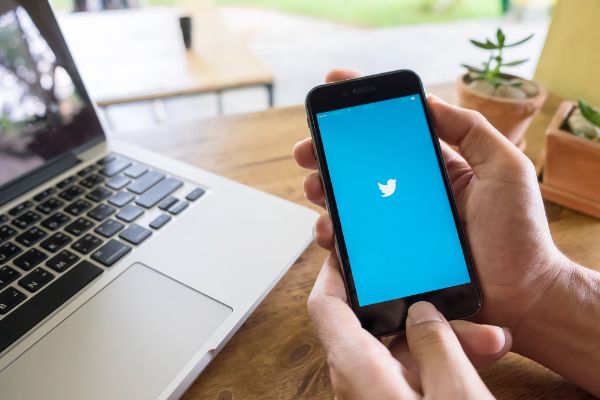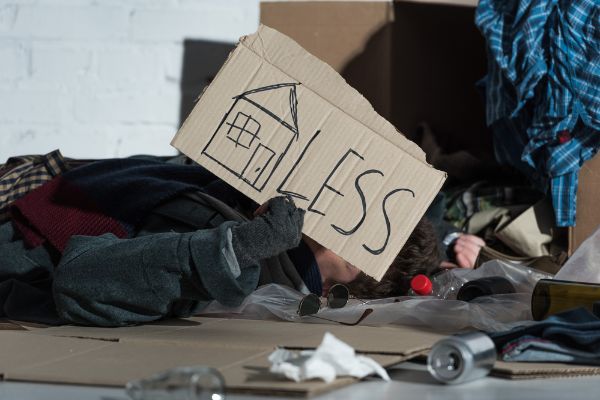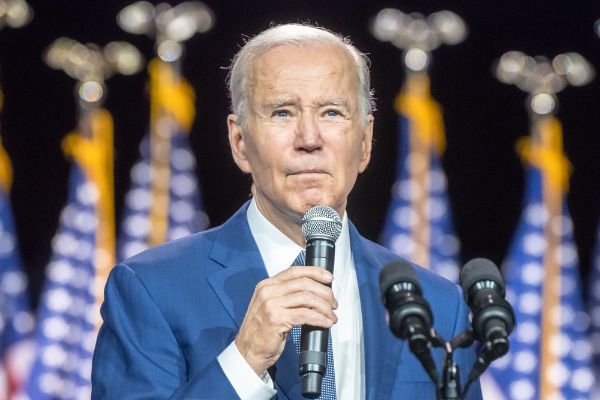Facebook is getting ready to release a brand-new independent app designed for direct competition with Elon Musk’s Twitter, continuing Mark Zuckerberg’s long practice of blatantly stealing functionality from social media competitors. According to the corporation, it is in response to requests for “a sanely run platform,” which implies that the Twitter clone will probably have strict censorship.
According to The Wall Street Journal, Facebook (which is now known as Meta) is preparing to launch a brand-new independent app that will directly compete with Twitter. The app’s codename, Project 92, was disclosed to Facebook employees at a recent all-hands meeting.
During the meeting, Chris Cox, Facebook’s chief product officer, described the app as Zuckerberg’s response to Twitter. According to Cox, the business has heard from creative and public people who need “a sanely run platform,” and it is meeting this demand. This statement demonstrates Facebook’s intentions to censor its new platform in the same way it censors its primary platform and Instagram, maybe by using the notorious “third-party fact checks” that the company eventually acknowledged in court are merely views.
According to sources, the company is in talks to deploy the app with well-known individuals like Oprah Winfrey and the Dalai Lama, demonstrating its goal to attract a sizable user base. Despite the fact that the launch date is still a mystery, Cox highlighted the company’s desire to make the app available “as soon as we can.”
During the conference, CEO Mark Zuckerberg also shared his thoughts on Apple’s newly introduced $3,500 Vision Pro headset, which has received a lot of jeering. He drew a clear distinction between Apple’s premium product and Facebook’s planned Quest 3 headgear, which is slated to go on sale this autumn for a starting price of $499.
According to Zuckerberg, “The different values and vision that our companies bring to this is really important. We develop new technologies to make sure that everyone can buy and use our items.”
Zuckerberg also highlighted Facebook’s continuing efforts in the field of generative AI, which is concerned with AI systems that can generate text, graphics, or other types of material. One of these projects is the development of AI “agents” with individual identities for WhatsApp and Messenger, as well as the development of a photo-generation function that will allow Instagram users to alter their photographs using text prompts.
“The chance to take that technology, advance it, and include it into each and every one of our products is now available to us because of some very amazing breakthroughs—quality breakthroughs—in generative artificial intelligence,” according to Zuckerberg.










